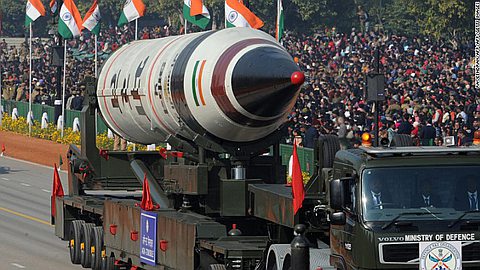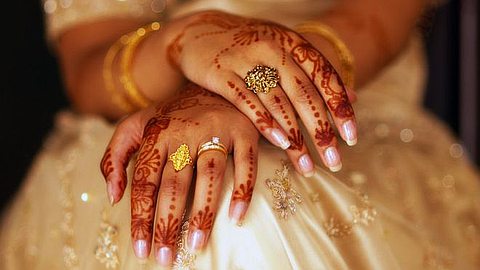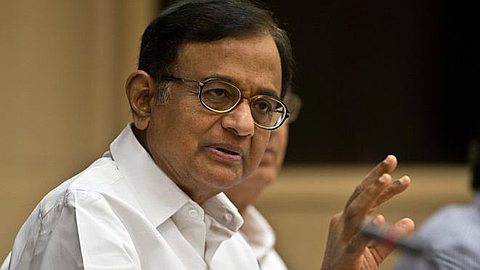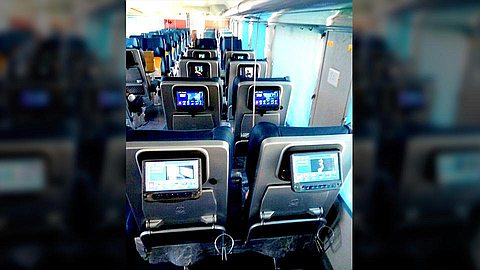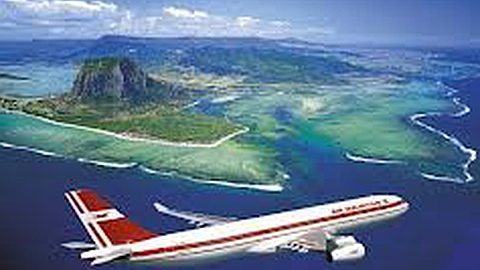Mauritius Sees Its Future In Expanding Trade In Africa
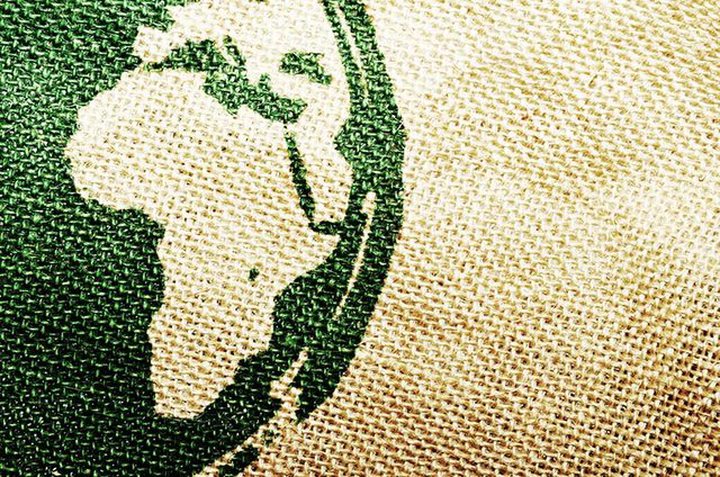
Now, many in the country recognise this situation must change.
Xavier-Luc Duval, finance minister, says the future is to diversify from over-reliance on Europe, and look closer to home. “We know our future; it is Africa,” he says in an interview with the Financial Times, adding: “All the time [in our history] we have been far from our markets. For the first time we are next to our markets”.
The strategic shift, which started in mid-2012 and has now accelerated, is partly a recognition that sub-Saharan Africa – for years seen as an economic basket case – is starting to develop.
The IMF forecasts the region will grow at more than 5 per cent this year, and almost 6 per cent in 2016. But the shift is also evidence that the island’s old markets – Europe for tourism, sugar and textiles; and India for financial services – will not continue to drive economic growth.
Bhavik Desai, analyst at Port Louis-based Axys Stockbroking, says the country’s traditional markets “are saturated”, agreeing with the finance minister that the future is Africa.
Mauritius believes that Africa offers four big opportunities.
First, the island could become a “gateway” for foreign direct investment, thanks to its strong offshore financial centre and favourable taxation.
Second, it could act as a hub for merchandise, using its port to link with markets in Asia.
Third, it could relocate some of its textile industry into the continent; and, finally, it could invest in sugar production in African countries from Mozambique to Kenya.
“We believe we can act as a platform for Africa,” says Azad Dhomun, a veteran banker in Mauritius who is the country’s first roving ambassador to Africa. “Everyone has realised that Africa is the future,” he adds.
The change of direction, which has strong support from the local business community and the opposition parties, is the latest in a series of efforts to reinvent the Mauritian economy.
The country’s developmental “pillars” – sugar or textiles, for example – have come under pressure from world economic events in the past, but each time the island has been able to develop a new one.
Half a century ago, Nobel Prize-winning economist James Meade told the island, which at the time was almost entirely dependent on sugar, that its outlook for peaceful development was “poor”. History – or Mauritius itself, as the local population likes to say – proved him wrong.
Nowadays, Mauritius is one of the most developed African countries, boasting a mix of a powerful financial sector, continuing sugar and textile industries, and attractive tourist resorts. The island-state’s economy, in GDP per capita terms, is in fifth place in Africa at nearly $9,000, only behind commodity-rich Equatorial Guinea, Botswana and Gabon, and thinly populated Seychelles. As the African Development Bank puts it: “Mauritius, as a strong reformer ... has achieved notable structural transformation from a single-crop economy.”
But, as happened half a century ago, the naysayers are once again warning of economic perils: the tourism sector, reliant on Europe, is suffering and textiles have a tough battle competing with lower-wage producers such as Vietnam and Bangladesh.
The financial offshore centre, an economic engine over the past decade, is also at a crossroads as Mauritius and India renegotiate a tax agreement that dates back to 1983 and which, over recent years, has underpinned its professional services companies. For some, particularly in the business class, there is a sense of crisis around the corner.
Hence all eyes have turned to Africa as the solution to the economic slowdown. “Mauritius is centred in a golden triangle of growth, linking the Middle East, Asia and Africa,” Mr Duval told lawmakers last year during his annual budget speech in parliament.
“Today, we see a world that is split: the west is struggling, the east is rising and Africa is awakening,” he added.
The view is shared by Rundheersing Bheenick, governor of the Bank of Mauritius, who points out that a “more prosperous and safe Africa” allows businesses to plan long-term for their investments in the continent.
Yet the Africa strategy has its problems. The first is competition.
The recent surge in foreign investment in Africa has triggered a race among offshore financial centres to sign deals to reduce the tax bills of overseas groups and protect their investment on the continent.
Mauritius, Singapore and Luxembourg have rushed to secure agreements. Last year, Africa received $50bn in foreign direct investment, more than double the level of 10 years ago, according to the UN.
In Port Louis, the Mauritian capital, Gilbert Noel, a lawyer at Appleby, one of the world’s largest providers of offshore legal services, says Mauritius will face more competition in Africa than it did in India. “Other offshore centres, such as Singapore and the British Virgin Islands, are also interested in the same market,” he notes.
Mr Duval, from his vantage point at the finance ministry, says more than half of Mauritius’s offshore sector is already targeting Africa. “Mauritius is being used as a conduit into Africa,” he says, adding that on top of double-tax agreements, the island offers “democracy, arbitration services [and the] experience people want”.
The country, which over the past decade has accounted for 40 per cent of all flows of foreign direct investments into India thanks to its favourable tax deal with New Delhi, has already signed 19 tax deals with African countries and is negotiating another three.
Mauritius also has in place 19 investor protection agreements in Africa and is in talks to conclude six more.
The second problem is “connectivity”. Direct daily flights to Africa link Mauritius with South Africa and Kenya only. Ken Poonoosamy, managing director of the government-backed Board of Investment, says: “It is imperative to increase our connectivity [with Africa] via sea and air.”
Local business executives say the island fails to compete with the likes of Dubai, whose flag carrier, Emirates, flies to 23 cities in Africa. Johannesburg and Nairobi are also better connected to the rest of the continent than Mauritius is, as they, too, seek to become regional financial centres.
The executives add that Port Louis’s small harbour does not match the sophisticated ports of Dubai and Singapore. In Mauritius’s quest to become a “gateway to Africa”, much remains to be done.
